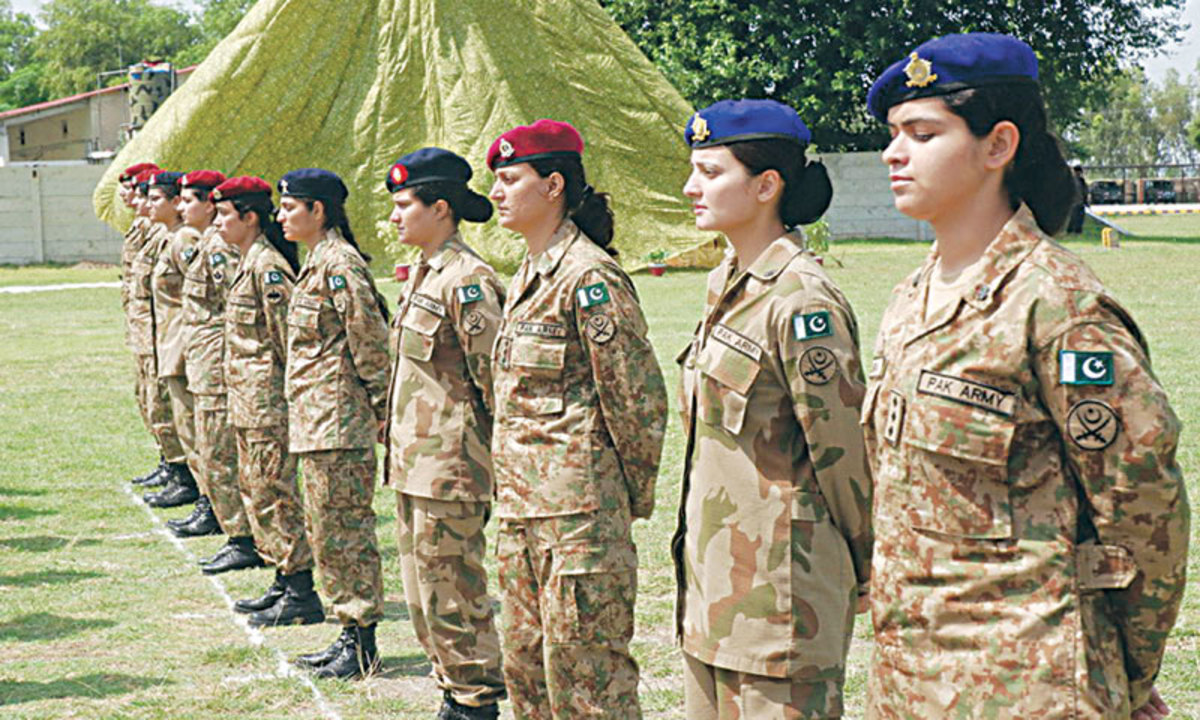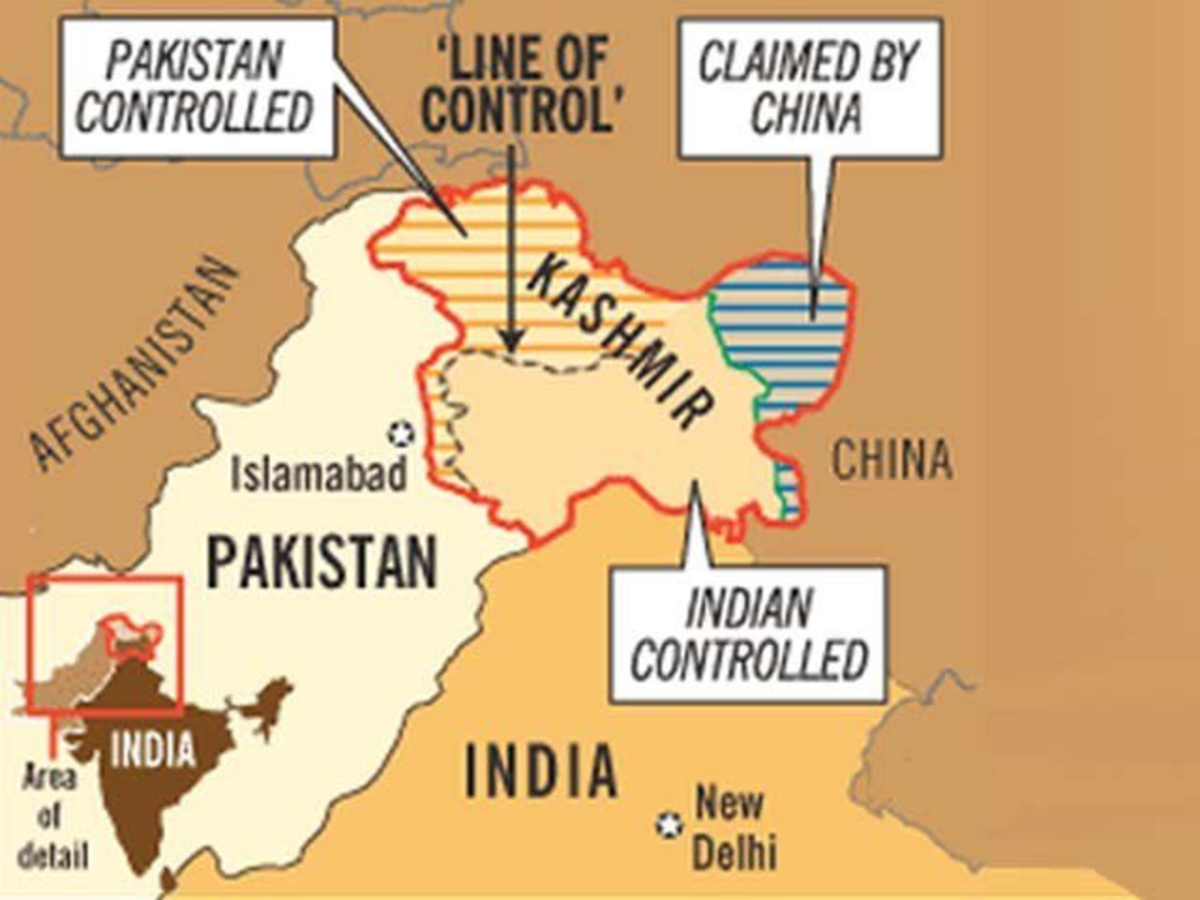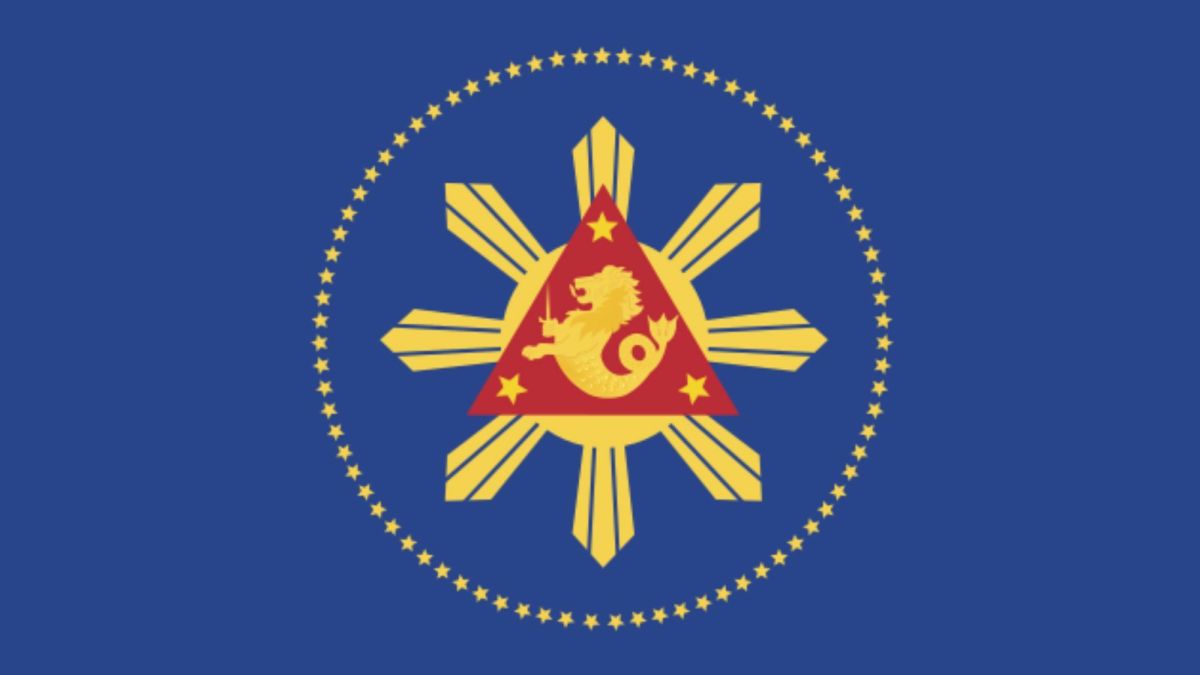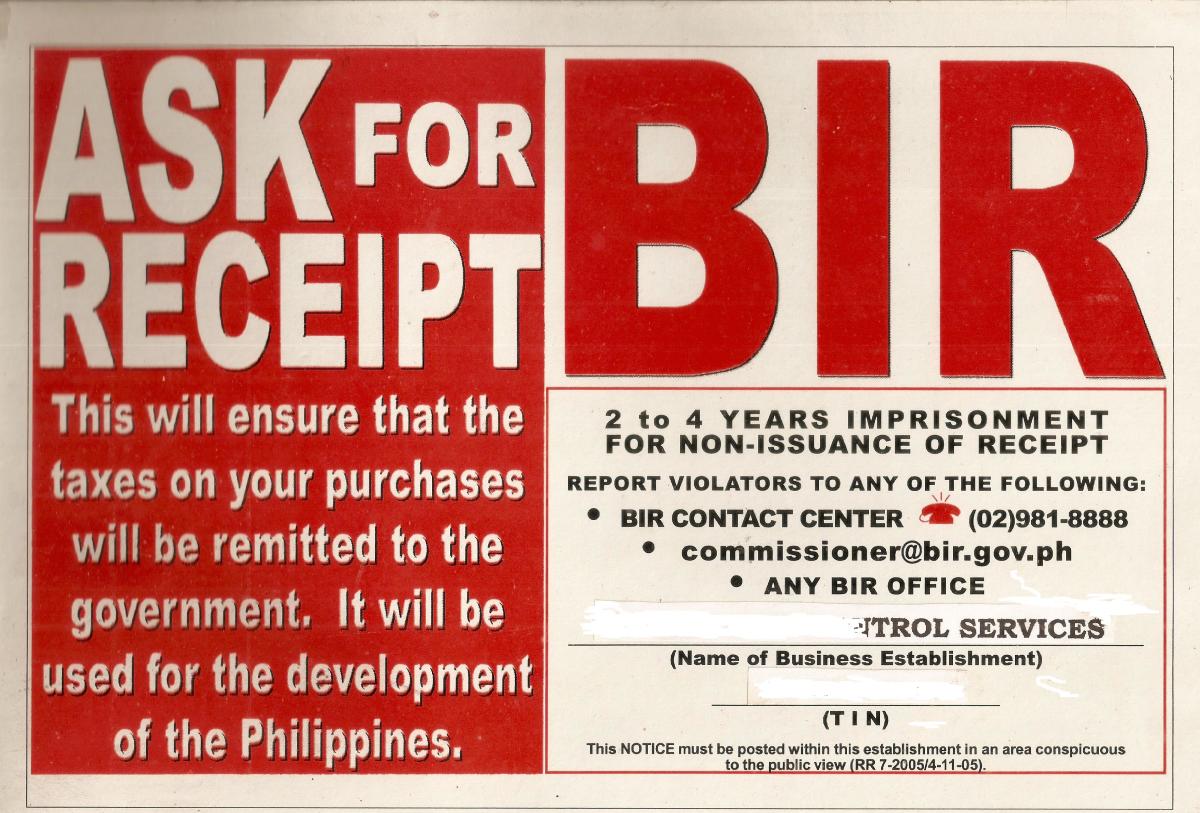The General Assembly Session 2019 And Kashmir Issue
The month of September is of special importance to global diplomacy, the third or fourth week of this month begins with the annual meeting of the General Assembly at the UN headquarters in New York. However, the world's attention is mostly focused on the first and second week of the meeting when the heads of state and state ministers and members of the States are in New York to address the meeting. Where he expresses his individual concern through his views on global issues.
World leaders also meet with each other on the sideline of the General Assembly meeting. Many other global organizations also hold their meetings in New York during these two weeks. Outside the UN Building, many non-governmental groups hold rallies in favor of or against issues of global or regional importance. Global diplomacy is also known as the annual diplomacy event at the UN Headquarters or its sideline. The 74th Annual Meeting of the UN Assembly was held September 17 to begin the process of regulation. The actual diplomatic work began in the week beginning September 21. The Secretary General's Annual Report on the Status of Global Issues will begin on September 24, meaning that a general discussion on global affairs will begin tomorrow. Being the host of the UN, the US President addresses the General Assembly first.
During the first two weeks most of the delegates addressed the General Assembly. But most of these speeches don't get much importance. And the audience is very small, but the speeches and statements of leaders of diplomatic influential countries on global affairs are very focused. These countries include USA Russia China France Japan Germany and UK. Due to regional issues, the statements of some countries are also very important. These countries include PLO Israel Egypt Saudi Arabia India Pakistan South Korea South Africa and Nigeria. Stressful countries keep a close eye on their party's opposition. Either party may ask for time to clarify or respond to the events of its competing country. India and Pakistan are an example. Those who are considered to be rivals to each other and listen carefully to each other's speeches and respond to criticism and criticism of each other.

Each member country has one vote in the General Assembly and no member country has the veto power here. The General Assembly can pass a resolution by a simple majority after discussing any issue of global importance, but the General Assembly does not have a mechanism to act quickly on a resolution. If a resolution is intended to be implemented, it is forwarded to the Security Council. Where five Permanent Members have the power to reject the Resolution, that is, if one or all of the five Permanent Members reject the Resolution, the United Nations cannot comply with the Resolution, except the other UN Security. The Council may reject any resolution passed by the General Assembly. Prime Minister of Pakistan Imran Khan will issue a policy statement of Pakistan in the General Assembly. It is expected that their focus will be on the recent drone attacks on Kashmir-India relations, peace in Afghanistan and Saudi Arabia's oil installations. Mr. Prime Minister has arrived in New York to attend the General Assembly meeting. Traditionally, Pakistan raises the issue of Kashmir in the General Assembly every year, but since August 5, 2019, India has abolished Indian sovereignty of Kashmir and joined it in the Union Territories. What is it. He is directly under the control of New Delhi, and then the issue is going to get the main focus in the address of Prime Minister Imran Khan. In his address, the Prime Minister will highlight the violation of human rights by Indian security forces in Indian-occupied Kashmir, which has imposed the Few August 5. There are all sorts of contacts suspended.
Indian and global media have no access there. All the leadership is arrested and no activity is allowed. Schools are closed to the public rarely accessible to hospitals or markets. And is completely banned from any kind of social religious or political activity. State machinery continues to resist any attempt to challenge these restrictions. People are being arrested and subjected to brutal violence.

Pakistan will demand that the international community intervene to restore human rights in Kashmir and restore the situation before August 5 and find a solution to the Kashmir issue peacefully and politically. And if Pakistan-India talks are to begin, Prime Minister Imran Khan will take the stand that if Kashmir is endlessly prolonged, it can lead to war between the two nuclear-armed countries, Pakistan and India.
In view of the seriousness of the Kashmir situation, the Security Council is expected to include the issue in its report and some other countries will emphasize that the two countries will resolve the issue in full peace talks. Prime Minister Imran Khan will also talk to several heads of state, including US President Trump, and request them to cooperate in resolving the ongoing situation in Kashmir through measures and dialogue on the issue. He does not expect that anybody other than India and India, who speaks on Kashmir, should resolve the issues through dialogue on all issues, including India, to resolve the Kashmir issue.
However, the demand for the restoration of human rights in Indian-occupied Kashmir is expected to be strongly supported, and the General Assembly meeting will put tremendous diplomatic pressure on India and its reputation globally. Which could force India to change its decision on Kashmir on August 5, though the process does not expect that a meeting of the General Assembly will help resolve the Kashmir issue, however diplomatic tensions continue for that purpose. And Pakistan will have to continue long-term efforts at the public and non-governmental levels on this issue.
There will be gradual success and Stein Hester will depend on how successful Pakistan Army is in gaining the support of weight-bearing countries in politics.
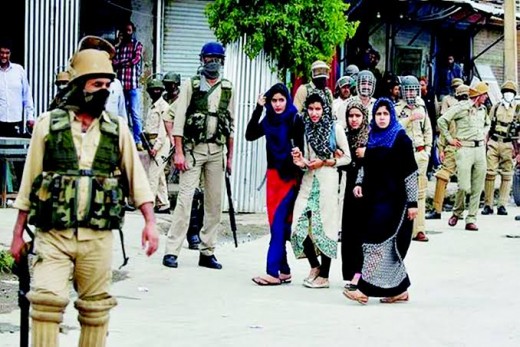
The fragility and complexity of the Kashmir problem requires multi-dimensional approaches to resolve it. It is necessary to work towards a dynamic and active diplomacy and try to find a solution that is acceptable to both countries as well as to the people of Kashmir. Some work has been done in this direction from 2004 to 2007. In this regard, some suggestions have been made which may be reconsidered.


